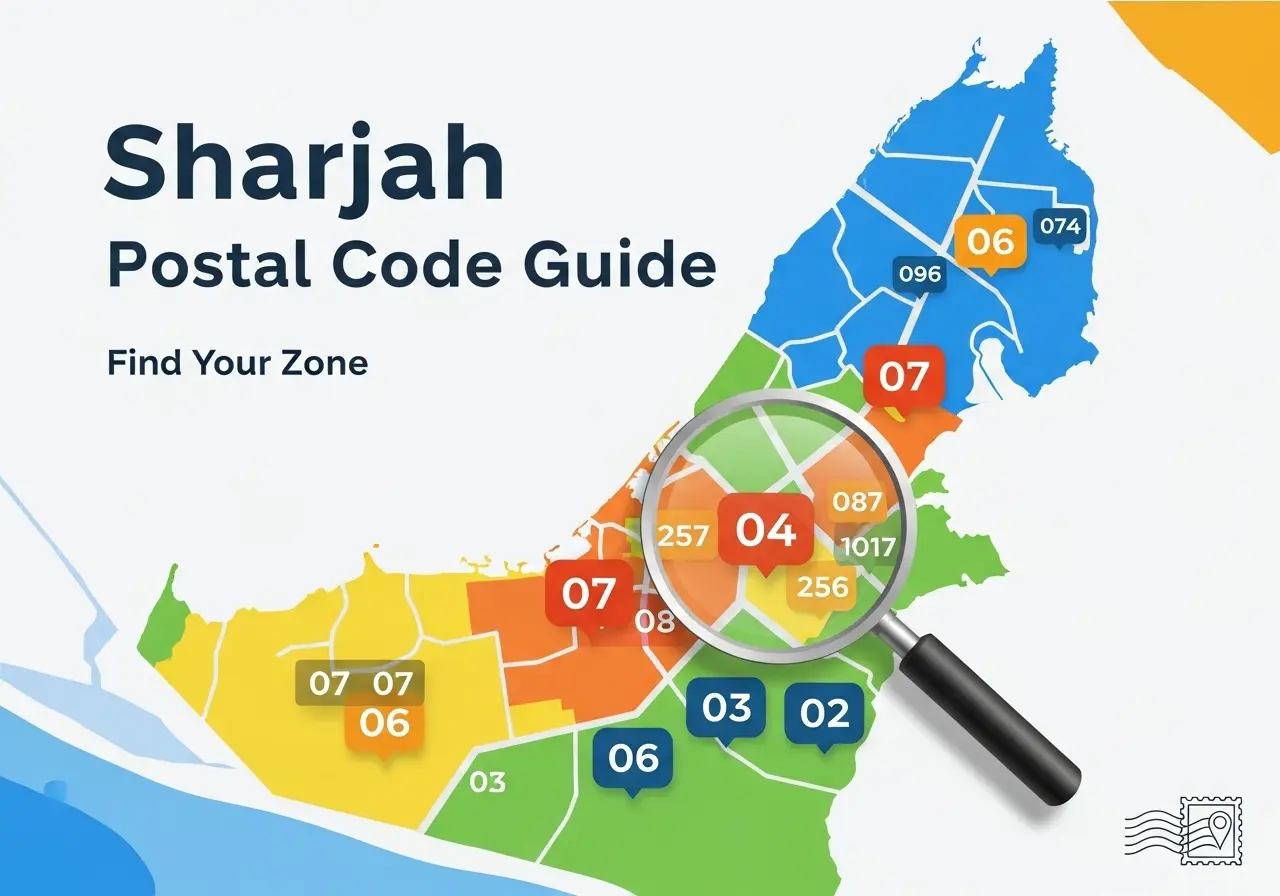The UAE has updated its visit visa regulations, introducing new income requirements for residents who wish to sponsor their family members or friends. The goal is to make the process more transparent and structured while ensuring that sponsors can financially support their visitors during their stay.
Under the new rules announced by the Federal Authority for Identity, Citizenship, Customs, and Port Security (ICP), sponsoring a relative or friend for a visit visa now depends on the sponsor’s monthly salary. Residents can invite family members up to the third degree of kinship or even friends, provided they meet the minimum income criteria.
For first-degree relatives, which include parents, spouse, and children, the resident must earn at least AED 4,000 per month. To sponsor second-degree relatives, such as siblings, grandparents, or grandchildren, a minimum monthly income of AED 8,000 is required. The same income threshold applies to third-degree relatives, which include uncles, aunts, and cousins. When it comes to friends or non-relatives, the bar is higher — the sponsor must earn at least AED 15,000 per month.
Applicants must also provide supporting documents to complete the visa process. This includes proof of relationship for family members, a valid passport with at least six months’ validity, and a confirmed return ticket. These measures are designed to streamline the system, prevent misuse, and ensure visitors have a genuine reason and proper means for their stay.
UAE Flag Day: 10 Dos and Don’ts When Hoisting the Nation’s Symbol on November 3
The salary-based requirements are part of broader updates introduced by the ICP to align with the UAE’s vision for sustainable growth and inclusivity. The revised framework aims to enhance transparency, attract global talent, and support the country’s economic diversification efforts.
Alongside these salary-based rules, the ICP has also introduced updates to visit visa durations and extensions. There are now six categories of permitted stays, giving applicants more flexibility depending on their purpose of visit. This change simplifies application procedures and ensures a smoother experience for residents and visitors alike.
The new framework also introduces four additional categories of visit visas for professionals and specialists in fields such as artificial intelligence, entertainment, event management, cruise ship operations, and leisure vessel services. This reflects the UAE’s ongoing commitment to attract experts in high-demand industries and strengthen its position as a global hub for innovation and tourism.
In a humanitarian move, a one-year residence permit has been introduced for individuals facing exceptional circumstances, such as those who have lost a spouse or have no sponsor. This permit can be renewed upon approval, offering stability to those in need. Furthermore, widows and divorced women can now obtain residency without a sponsor, with the option to renew it for another term under specific conditions.
Another addition is the business exploration visa, designed for entrepreneurs who wish to establish or invest in companies within the UAE. Applicants must demonstrate financial stability, hold ownership in an existing business outside the UAE, or have a record of professional expertise in their field. This initiative supports the country’s entrepreneurial ecosystem and encourages global investors to explore new opportunities.
The ICP has also amended rules for certain visa types, including those for foreign truck drivers. Under the new system, they can obtain single or multiple-entry visas, provided their sponsor is a licensed transport or shipping company and all financial guarantees, fees, and health insurance requirements are met.
Major General Suhail Saeed Al Khaili, Director General of the ICP, highlighted that these changes were implemented following careful studies of global trends in residency and immigration. The authority took into account feedback from stakeholders through customer councils, helplines, and complaint platforms to ensure the system meets both resident and visitor needs.
According to Al Khaili, the new regulations not only improve efficiency and transparency but also enhance the UAE’s quality of life. They are designed to support trade, tourism, logistics, and technology sectors while strengthening the country’s economic and competitive edge on both regional and international levels.
With these changes, the UAE continues to balance progress with inclusivity — ensuring residents have the flexibility to connect with loved ones and professionals have the opportunity to contribute to the nation’s growing economy.



